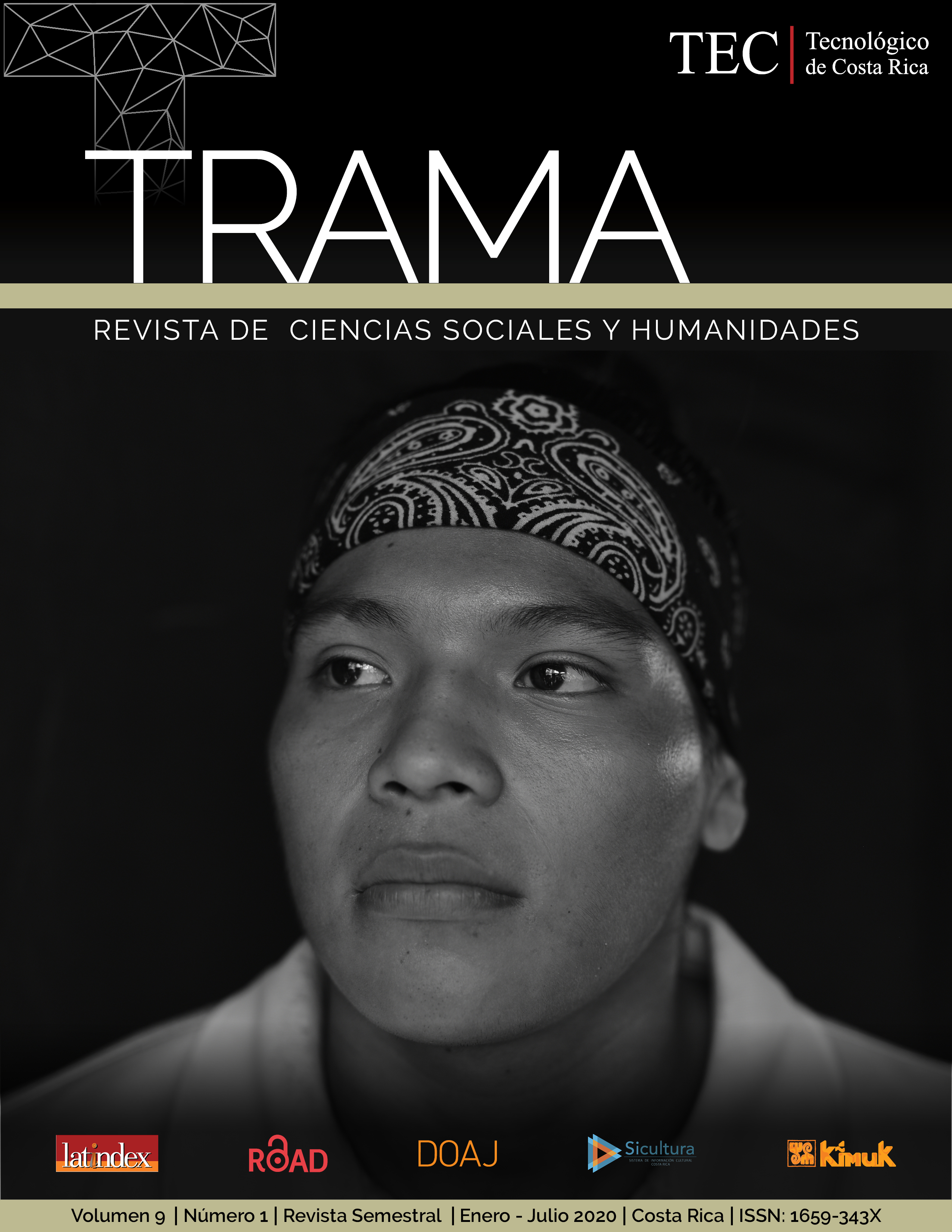Challenges Of Social Action And Extension Between Universities And Bribri Indigenous In Ditsö Kâ (Talamanca), Costa Rica
Main Article Content
Abstract
This paper presents a critical reflection and the main results of an unfinished Social Action and Extension (SEA) process in three Bribri indigenous communities in Ditsö Kâ (Talamanca) and three public universities in Costa Rica. The “crucial point” at the beginning of the process was that tourism is an invasive and threatening activity and can accentuate the violation of indigenous culture. However, it can be an effective opportunity for socio-economic inclusion, which also guarantees the strengthening of identity. Methodologically, our vision of the AES is based on the fact that universities should not “give away hooks” or “teach how to fish”. This implies overcoming all forms of welfarism, verticality and academic imposition in order to jointly define which are the problems/objects of study and work that must be addressed.
The main conclusions are, on the one hand, that in Ditsö Kâ, the main strength for tourism lies in the most sensitive elements of the territory: its indigenous culture and ecosystems, and therefore the balance between profitability and cultural and nature protection is delicate and indispensable. On the other hand, in the work of AES it is imperative to define a contextual methodological vision and not just a toolkit. This is essential in the social sciences because this choice implies the ethical challenge of asking ourselves whether the university we need responds to the capitalist market, or the one that chooses to work “with” and “in” contexts of social exclusion and vulnerability, such as indigenous territories.
Keywords: identity; Bribri culture; effective participation; shared learning.
Article Details

This work is licensed under a Creative Commons Attribution-NonCommercial-NoDerivatives 4.0 International License.

This work is licensed under a Creative Commons Attribution-NonCommercial-NoDerivs 3.0 Unported License.

